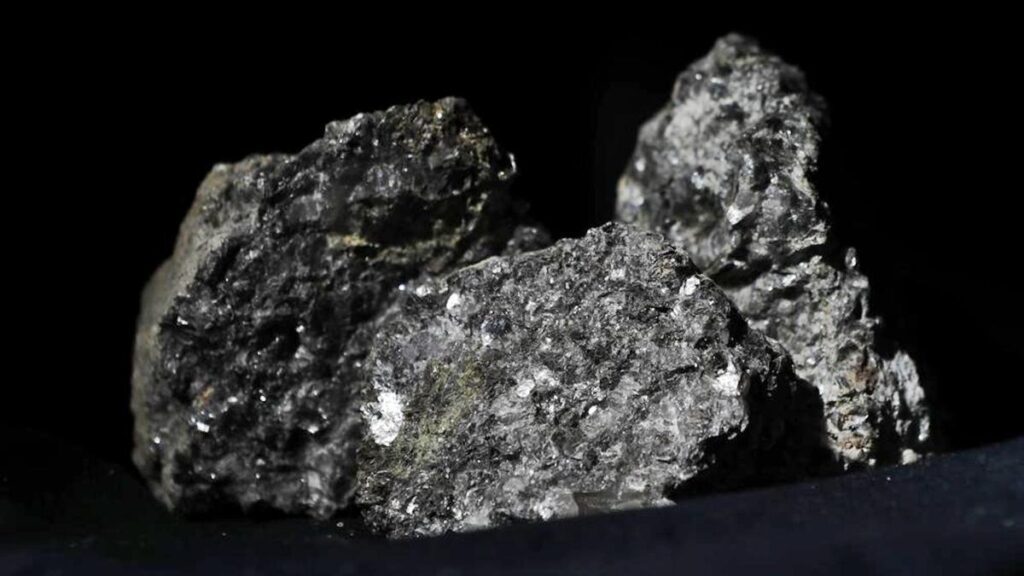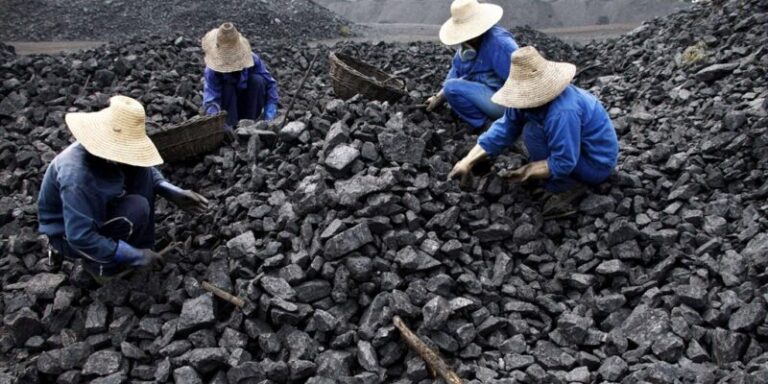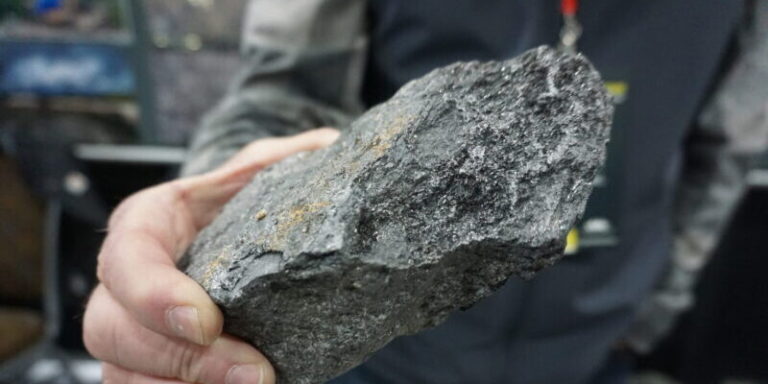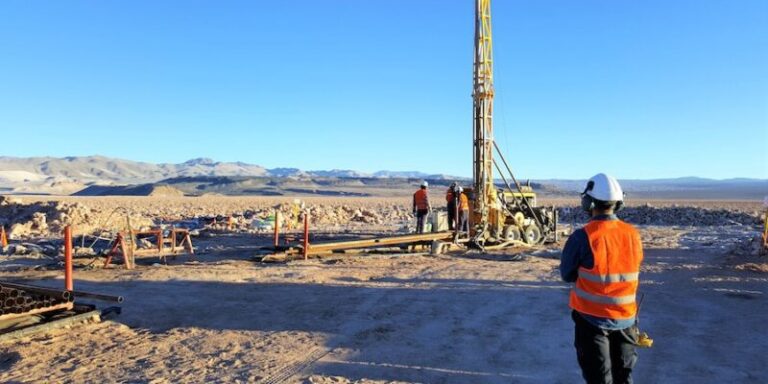
In the effort to combat climate change and shift towards cleaner energy sources, the importance of critical minerals in the energy transition has become increasingly evident, leading to a growing recognition of African countries as pivotal players in this global endeavor.
The African continent holds vast reserves of critical minerals essential for advancing the energy transition. These minerals, including copper, cobalt, nickel, lithium, graphite, and platinum group metals, play crucial roles in various aspects of the energy sector, such as power lines, battery production, electrolysis, and green hydrogen generation.
However, geopolitical tensions pose a threat to the smooth progress of the energy transition, necessitating global cooperation in addressing the climate emergency.
Recent events, such as the conflict in Ukraine, have had severe repercussions on African populations, and the escalating China-US rivalry in the Asia-Pacific region could potentially exacerbate the situation even further.
African nations have found themselves at the center of competition between China and Western countries, both seeking control over critical minerals.
This rivalry has inadvertently empowered African leaders to assert their influence on the international stage.
To make the most of this opportunity and align it with global objectives, leaders must prioritize their citizens’ interests and work towards achieving sustainable goals, rather than engaging in resource nationalism and grandstanding.
China currently holds a dominant position in the critical minerals market, particularly in the Democratic Republic of Congo (DRC), where it controls most cobalt mines, and in Zimbabwe’s lithium industry.
However, the Chinese presence has not been without controversy. Civil society and local governments have raised concerns about the equity and fairness of some mining agreements, such as the Sicomines contract, prompting calls for more balanced and mutually beneficial deals that prioritize African development.
In response to China’s dominance, the United States and its allies have taken measures to reduce Beijing’s control over critical mineral supply chains.
Initiatives like the Minerals Security Partnership aim to promote resilient supply chains and uphold higher environmental, social, and governance (ESG) standards.
Additionally, the US and the EU have introduced regulations to incentivize the processing of critical minerals within their own territories.
For Africa to capitalize on the investment opportunities in its resources, leaders must seek partnerships that foster local technical capabilities, industrialization, and employment opportunities.
The establishment of Special Economic Zones for electric vehicle battery production in collaboration with the US, DRC, and Zambia exemplifies a step in the right direction.
To ensure sustainable and responsible extraction and processing of critical minerals, African governments and civil society organizations must advocate for strong ESG standards and transparent regulations within their extractive industries.
Such oversight will encourage higher standards among Chinese operators and drive their focus towards sustainability and engagement with local communities.
As the global energy transition gains momentum, Africa’s significance on the world stage will undoubtedly grow.
The governments in the region face the challenge of securing fair agreements that maximize the potential of their finite resources while promoting sustainable development.
Ultimately, whether partnership comes from China or the West will depend on the values and risk appetite of individual investors.
While the US, EU, and their allies have laid the groundwork for investment, there is still much work ahead to ensure a prosperous and sustainable energy future for Africa and the world.





